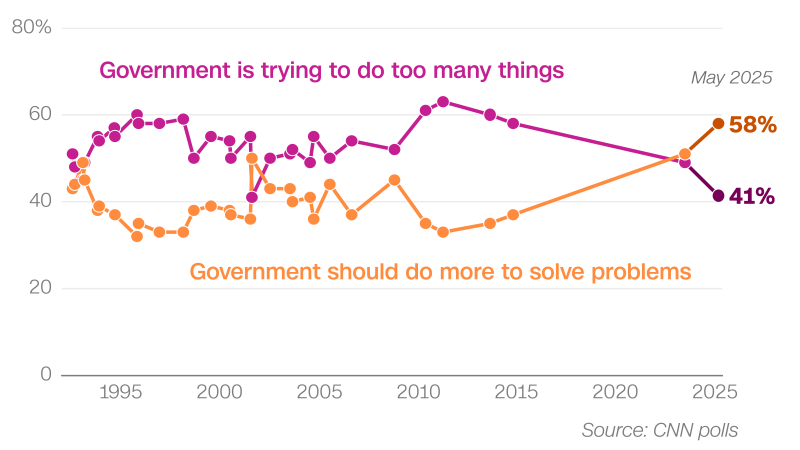Biden's White House Closet Incident Sparks Concerns Over Cognitive Health

A startling allegation has surfaced regarding former U.S. President Joe Biden, with a Secret Service whistleblower claiming the President became disoriented and 'lost' within the White House closet. This incident, coupled with ongoing public scrutiny of Biden's cognitive abilities, has ignited a fresh wave of debate surrounding his mental acuity and fitness for office.
The whistleblower, speaking under the condition of anonymity due to potential repercussions, alleges that the event occurred recently and involved staff members reportedly concealing the incident from the public. Details remain scarce, but the account paints a picture of a President struggling with spatial awareness and memory, raising serious questions about his overall cognitive function.
This revelation arrives at a particularly sensitive time, as Biden, 81, is seeking re-election in November. His age and perceived mental sharpness have been recurring themes in political discourse, with critics frequently questioning his ability to effectively lead the nation. While the Biden campaign has consistently dismissed such concerns as politically motivated attacks, the whistleblower's account adds fuel to the fire.
The Allegations and Their Context
The whistleblower’s claim isn't isolated. Throughout Biden's presidency, there have been instances where his verbal gaffes, pauses, and apparent confusion have been highlighted by media outlets and political opponents. These moments, often dismissed as minor slips, have contributed to a narrative of cognitive decline. However, it's crucial to acknowledge that age-related cognitive changes are common, and attributing any specific behavior solely to mental decline requires careful consideration and professional evaluation.
Secret Service Response & Verification Challenges
The Secret Service has declined to comment directly on the whistleblower's allegations, citing its policy of not confirming or denying security incidents. This lack of official confirmation further complicates the situation. Verifying the whistleblower's account presents significant challenges, as access to the White House and details of presidential movements are tightly controlled. The anonymity of the whistleblower also raises questions about potential bias or ulterior motives, though it also offers protection against potential retaliation.
Political Ramifications and Public Perception
Regardless of the veracity of the specific incident, the allegations have already had a noticeable impact on public perception. Polls consistently show that a significant portion of voters are concerned about Biden’s age and mental fitness. This concern could prove decisive in a close election. Republican candidates have seized upon the story as evidence of Biden’s unsuitability for office, while Democrats have accused them of exploiting the situation for political gain.
Moving Forward: The Need for Transparency and Accountability
The incident underscores the importance of transparency and accountability in government, especially regarding the health and well-being of elected officials. While respecting the privacy of individuals, the public has a right to be assured that their leaders are physically and mentally capable of fulfilling their duties. Whether through increased scrutiny, independent medical evaluations, or greater transparency from the White House, addressing these concerns is essential for maintaining public trust and ensuring the stability of the nation.
The coming months will likely see further debate and investigation into Biden's cognitive health. The outcome of this debate could significantly impact the upcoming election and shape the future of American politics.






